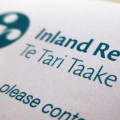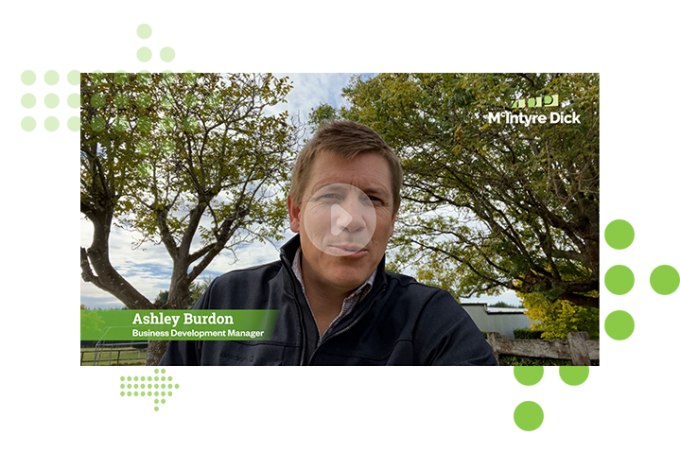
Inland Revenue’s Increased Scrutiny on Personal Services Income
Categories
Inland Revenue is currently examining how professionals such as doctors, hairdressers, tattooists, barbers, beauticians, nail salons, personal trainers, surgeons, dentists, architects and other service providers operating through family-owned companies or trusts are compensating themselves.
Background on Inland Revenue’s Concerns
A landmark decision by the Supreme Court in the 2011 Penny & Hooper case established that income generated from personal services should be attributed to the individual performing the work, rather than being diverted through entities such as companies or trusts.
Following this ruling Inland Revenue issued a Revenue Alert outlining its stance on the acceptable use of such structures for deriving personal services income. The primary concern has been instances where individuals receive minimal compensation while their associated entities report the majority of the income. This practice becomes particularly problematic when those entities use the income to acquire assets - such as holiday homes, vehicles or boats - without appropriately distributing taxable earnings to the individuals who generated them.
With the increase in the top personal marginal tax rate to 39% from 1 April 2021, there has been a stronger incentive for individuals to channel income through companies (taxed at 28%) or trusts (previously taxed at 33% but rising to 39%) to minimise tax obligations.
Upon reviewing tax returns for the 2022 tax year, Inland Revenue identified concerns regarding the retention of personal services income within companies or trusts instead of being properly allocated to the individuals responsible for generating it. As a result, Inland Revenue has reached out to affected taxpayers, suggesting they voluntarily amend their tax returns to increase the income allocated to them for the 2022 income year.
Inland Revenue’s Current Approach to Income Allocation
Inland Revenue maintains that 100% of net income derived from personal services should be allocated to the individual responsible for earning it. If an entity allocates less than this, the taxpayer must provide a justifiable reason.
Acceptable reasons, according to Inland Revenue include:
- Retaining funds for the purchase of additional capital assets essential to the business,
- Providing a return on capital invested in the business, or
- Allocating income based on the contributions of other employees within the business.
However, Inland Revenue does not consider the following as valid justifications:
- Retaining income in a company or trust for asset protection or estate planning purposes,
- Accumulating funds within an entity rather than distributing them to the individual as post-tax income.
Inland Revenue has clarified that its focus is not on whether an individual’s salary is aligned with market rates, is fair and reasonable or meets industry benchmarks. Instead, the key concern is whether the compensation reflects the individual's direct contribution to business profits.
Understanding the Risks and Next Steps
For those operating personal services businesses through a trust or company, it is important to stay informed about Inland Revenue’s approach and potential risks. If you require guidance tailored to your specific situation, your business advisor is always available to assist you.

Sarah Hopkins
PrincipalSarah believes that you often need much more than a filed tax return and a set of financial statements from your accountant. She will work with you to turn the numbers into meaningful information, provide support with your taxation obligations and always lends a friendly ear when you want to have a chat about your business activities.
- News

 Craig McCallum
Craig McCallum
 Brad Phillips
Brad Phillips

 Alex Crackett
Alex Crackett

